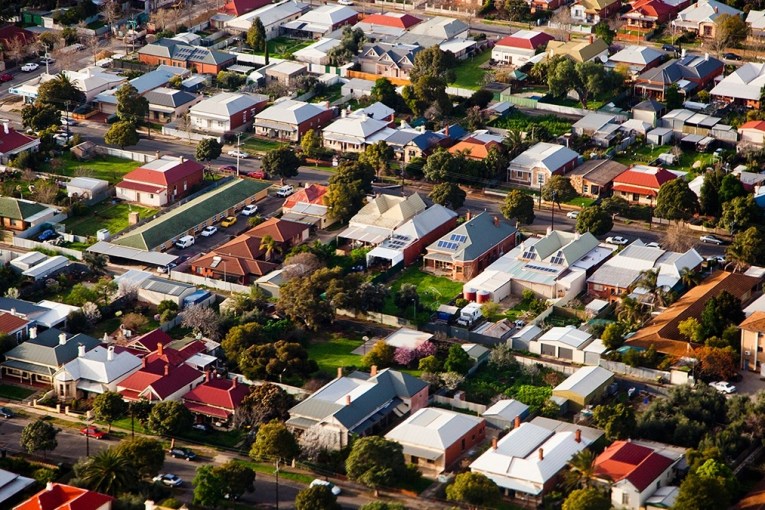Super raid for deposit could cost young Australians $70,000


Don't expect a super dip to get your housing plans across the line. Photo: Getty
If you are young and struggling to get into the housing market, don’t hang your hopes on the right to dip into your superannuation that some in the Coalition are arguing for.
The measure would push up prices in the short term and reduce average retirement balances by $70,000 in the long run, Grattan Institute CEO John Daley told The New Daily.
The plan some in the Coalition, including Treasurer Scott Morrison, have pushed would see first home buyers able to draw down on super on a dollar-for-dollar basis with existing savings to a set limit.
Mr Daley said his analysis shows such a plan would leave young home buyers significantly out of pocket over their working lives.
“It would force up prices and the return on the money invested in a home would grow by significantly less than it would have in super.”
His analysis looks like this.
Mr Daley explained the equation this way. If you take $50,000 out of your super and put it into a house deposit when you are 35, the equity you invest will double to $100,000 over a 30-year period on average. However, if you left that money in your super, it would grow by $120,000 over the same period.
Part of that difference is that, because you are not paying yourself rent, the value of your home equity will rise more slowly than your money in super, which is earning interest and compounding every year.
To cut to the chase, you would have $100,000 worth of equity in your home instead of $170,000 in your super fund after 30 years. So you would be $70,000 worse off in today’s dollars, which is what the calculations are based on.
Grattan calculates that housing would return 3 percentage points less per year than super. “That difference every year would add up very fast,” Mr Daley said.
Not only would you be worse off, but the government would be out of pocket, because you would likely be drawing more of the Age Pension when you retire. Consultants Rice Warner have calculated that for every dollar withdrawn from super for a deposit, the government would see pension costs rise by 92c.
Dr Stephen Anthony, chief economist at Industry Super Australia, warned home buyers not to expect recent decades of price growth to continue, as interest rates appear to be rising.
“Real interest rates [the amount you pay above inflation] have been falling for 38 years. In the US they’ve gone from 8 per cent to -1 per cent in 2014 and back to about zero now as inflation has been defeated. There are signs that real interest rates are on the rise again so the free kick [of falling rates] will end.”
Another factor driving prices is that “the government has made property investment so favourable to borrowers” though negative gearing and capital gains tax discounts, Dr Anthony said.
Tax changes and a further crackdown on foreign investment in residential real estate would be a better way to improve housing affordability, he said.
Susan Jackson, founder of advisors Women’s Financial Network, said many schemes have been proposed to help first home buyers, but none have ever made it easier for young people to buy homes.
“They just push prices up by giving people more to spend.”
* The New Daily is owned by a group of industry super funds









